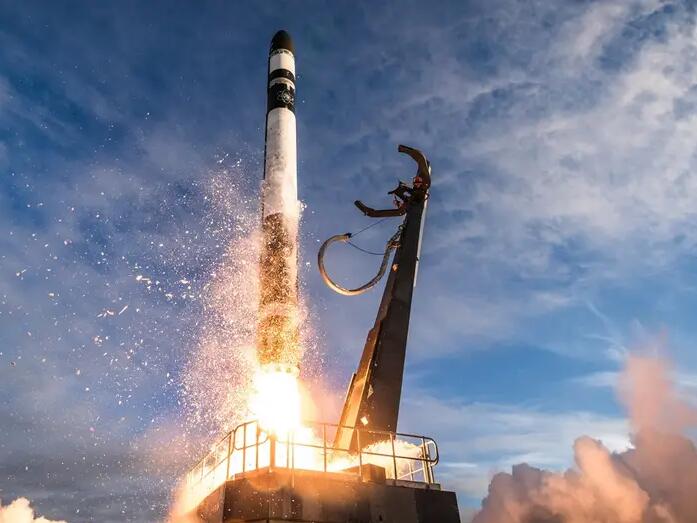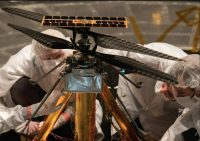Astra Space‘s launch vehicle, Launch Vehicle 0010 (LV0010), successfully blasted off from the Cape Canaveral, Florida, launch pad on Sunday afternoon, but suffered a major failure about 10 minutes later.
Amanda Durk Frye, head of first stage and engine production at Astra Space, admitted: “We had a normal first stage flight. However, the second stage engine shut down early and we didn’t It can put payloads into orbit.” The company uses a one-time two-stage launch vehicle capable of sending 330-pound satellites into low-Earth orbit.
The company then added on Twitter: “We have notified NASA and the payload team of the accident and will provide more information once a full data review is complete.” Sunday’s launch attempt was initially planned for noon , but was delayed due to passing ships in the launch area and fuel problems.
Sunday’s mission failure was Astra Space’s second this year. In February, the company failed to launch four NASA microsatellites on the Elana 41 mission, Astra Space’s first attempt to launch a payload for a customer. The problem was with the rocket payload fairing, which the company fixed to avoid a similar situation from happening again.
A month later, Astra Space successfully launched a customer’s payload into orbit with its LV0009 rocket lifted from the Pacific Spaceport launch pad on Kodiak Island, Alaska, where the company had previously conducted four test flights. Astra Space has completed seven orbital launches, including test missions that did not carry any revenue-generating payloads, two of which were successful. The first time was in November last year and the second time was in March this year.
NASA often partners with start-up rocket companies to launch low-cost scientific payloads to advance the rocket industry.
“While this Astra Space launch did not go as planned, this mission is a great opportunity for new science and Capability presents a great opportunity. While we are feeling a little disappointed right now, we know that taking risks across NASA’s science portfolio is worth the money, because staying ahead requires innovation.”
LV0010 launched on Sunday with two small satellites designed by MIT’s Lincoln Laboratory to measure humidity and precipitation in tropical storm systems. They are the first of a network of six satellites managed by NASA, with Astra Space also planning to launch the rest in the future, with a total contract value of about $8 million.
“These satellites will allow us to regularly see tropical cyclones and gain insight into how they form, Enhance and interact with the environment and provide critical data for storm monitoring and forecasting.”
The satellites are deployed in three pairs in different orbits, and NASA hopes to monitor hurricanes and tropical storms hourly. It’s unclear if NASA can still achieve that with just four satellites, or if the two satellites lost in the failed launch will be replaced.




GIPHY App Key not set. Please check settings